The 26th of January. A contentious date marked in calendars across this country.
It is a day of national celebration for many, a public holiday, and a time for people to express their patriotism. Importantly for the First Peoples of this land now known as Australia, this day is filled with pain and sorrow and for many is a day of mourning.
First known reports of people celebrating the 26th of January as a date were reported in the Sydney Gazette around 1804. The day consisted of drinking and dinner parties (not very dissimilar to today’s celebrations), but no formal public holiday. Then on this date in 1888, on the centenary of British colonisation there was a celebration in Sydney where State leaders from around Australia and New Zealand met to celebrate what was known as Anniversary or Foundation Day. As the next 100 years go by, Australians celebrated ‘Australia Day’. It wasn’t always on the 26th of January, each state and territory had a different date. It wasn’t until 1994 under then Prime Minister Paul Keating that January 26th was formally recognised across the nation.
I have many memories, over the years, of how I have spent the 26th of January. Participating in school activities, attending community events, backyard barbeques, and even hosting a pool party at my home and inviting friends to share in icy cold bevvies and listening to the latest Triple J Hottest 100 countdown. For me, as I have reflected and grow and continue to form my own perspectives through the lens of my personal lived experience, I have marked the day in a variety of ways. There is one 26th of January that has left a mark in my memory, the exact year is a little hazy, but I understand it to be around the year 2011.
I am 25 years old I was living in Darwin and was travelling to visit my family in Katherine, a little town almost 300kms south of Darwin. A trip I have done many times and often on my own blasting music and singing to my heart’s content. I’ve never been one to pick up hitchhikers, I have seen all the scary movies, but whilst on my way I noticed a fella with his thumbs up. He looked harmless and desperate. I pull over and wind the window down, he runs up to the door. I notice the sudden expression of hope and gratitude disappear and his face drops into a hump of displeasure and disappointment.
I decide to ignore the disgruntled energy and introduce myself and the direction I’m headed.
He is searching the area for other options; he tells me his name and oddly asks if I’m Aboriginal. I respond by saying yes and so is my car, a joke I usually get a laugh from, this time it didn’t land. Starting to read the situation and make sense of it, I started to feel uneasy and impatiently told the hitchhiker ‘I need to get back on the road and if you need a ride you should jump in’ which he does.
There I was in a car with a very uncomfortable passenger and the only communication are some grunts and glares. Testing the situation, I asked ‘how do you usually spend this day each year?’ he took the bait. The response was the biggest yet, ‘Straya Day, mate… whaddya reckon – how else?!’. I told him, for me, it was a day of discomfort, pain, and disconnect. So, here we have it, two Australians, two cultural backgrounds, two perspectives.
The conversation continued without much reprieve, I battled to find something we could both agree upon. It seemed hopeless until the topic of Laksa. That’s right! Spicy coconut creamy noodle soup. We laughed about it and compared the best Laksa. I should have known from the beginning; food is always a good yarn.
The art of social interaction can have so many determining factors, influencing the tone and how deep you go into a subject. We broke down the wall and continued to talk about where we grew up, our families, schools, pets, and jobs. At the time the I was working within the public service, and he was working on a mango farm outside of Katherine. Eventually we got back to the subject of the day, interestingly raised by the Hitchhiker, he wanted to know my perspectives. He listened intently and I noticed his relaxed posture. He told me how he has only ever celebrated the day and knew nothing different.
We finally arrived at the mango farm. He gets out and asks me to wait a minute, he runs off to one of the sheds and then comes back with a box full of juicy mango. He shook my hand and said, ‘I hope one day we can celebrate Australia Day together, but I know it will never and shouldn’t be on the 26th of January’. We were together in the car for three hours that day and it was a learning experience I will never forget.
In 1938, while state leaders were celebrating in Warrane (Sydney), Aboriginal leaders protested with a Day of Mourning. This highlighted the mistreatment of Aboriginal and Torres Strait Islander peoples and to seek full legal and human rights. The idea of celebrating a country while the First Peoples of the land were living in abject poverty didn’t sit well with our people.
The term Invasion Day was born in 1988 and was in direct opposition to the celebrations of that year and has continued to 2023. Today there is a growing movement to ‘Change the Date’, many Australians want a different date to celebrate the national holiday. The purpose of changing the date is to recognise that many people value having a special day to celebrate the place they call home, while also acknowledging the traumatic context and history.
I have come a long way since then and so has this country. Companies and governments are giving staff the option of working on the 26th of January as more people seek to ignore the public holiday and acknowledge that the day means different things for many people.
Welcome to Country will apply this policy. Our staff will make the decision that is best for them. Welcome to Country works with many stakeholders and represents around 175 different suppliers and operators from around Australia, majority are Indigenous owned and operated and who will all have varied positions. We respect and acknowledge this.
As I write this article, I am travelling through the USA somewhere in the air between Washington DC and Los Angeles on a scholarship program centred on peace and justice program awarded by the US Embassy. I encourage you to find your peace and common ground, even if it is with laksa and mangoes.
– Gurindji and Ngalakan man Desmond Campbell, CEO

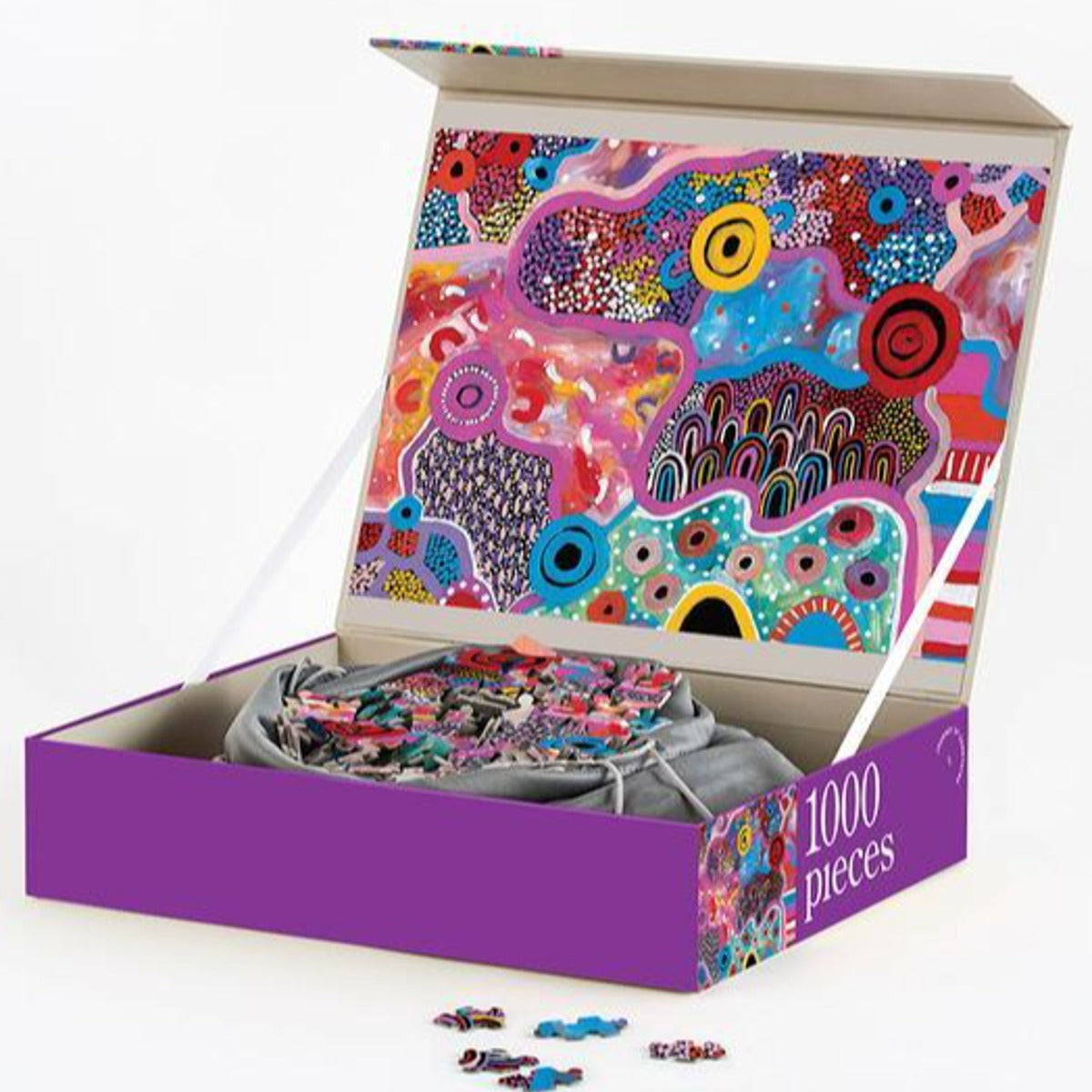
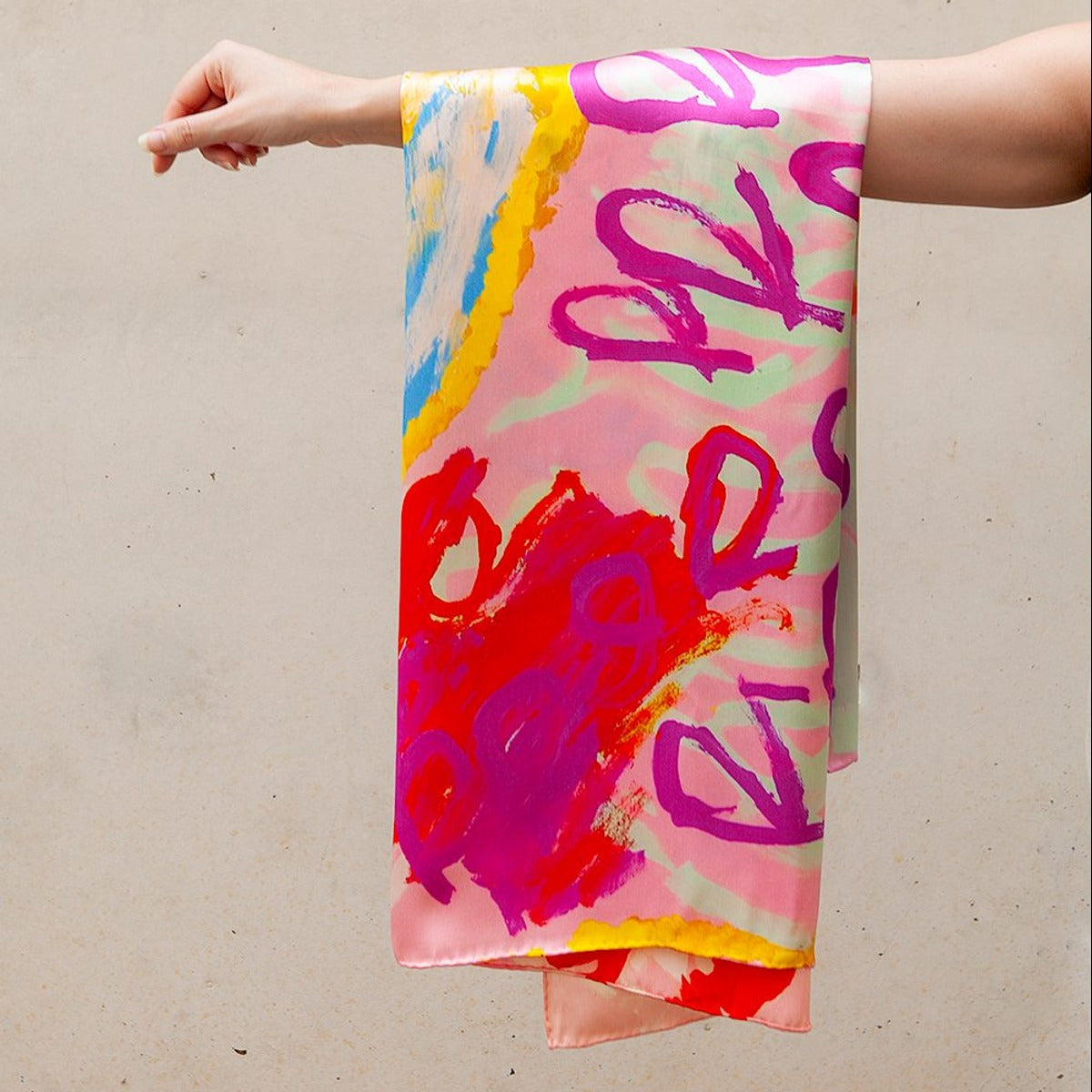


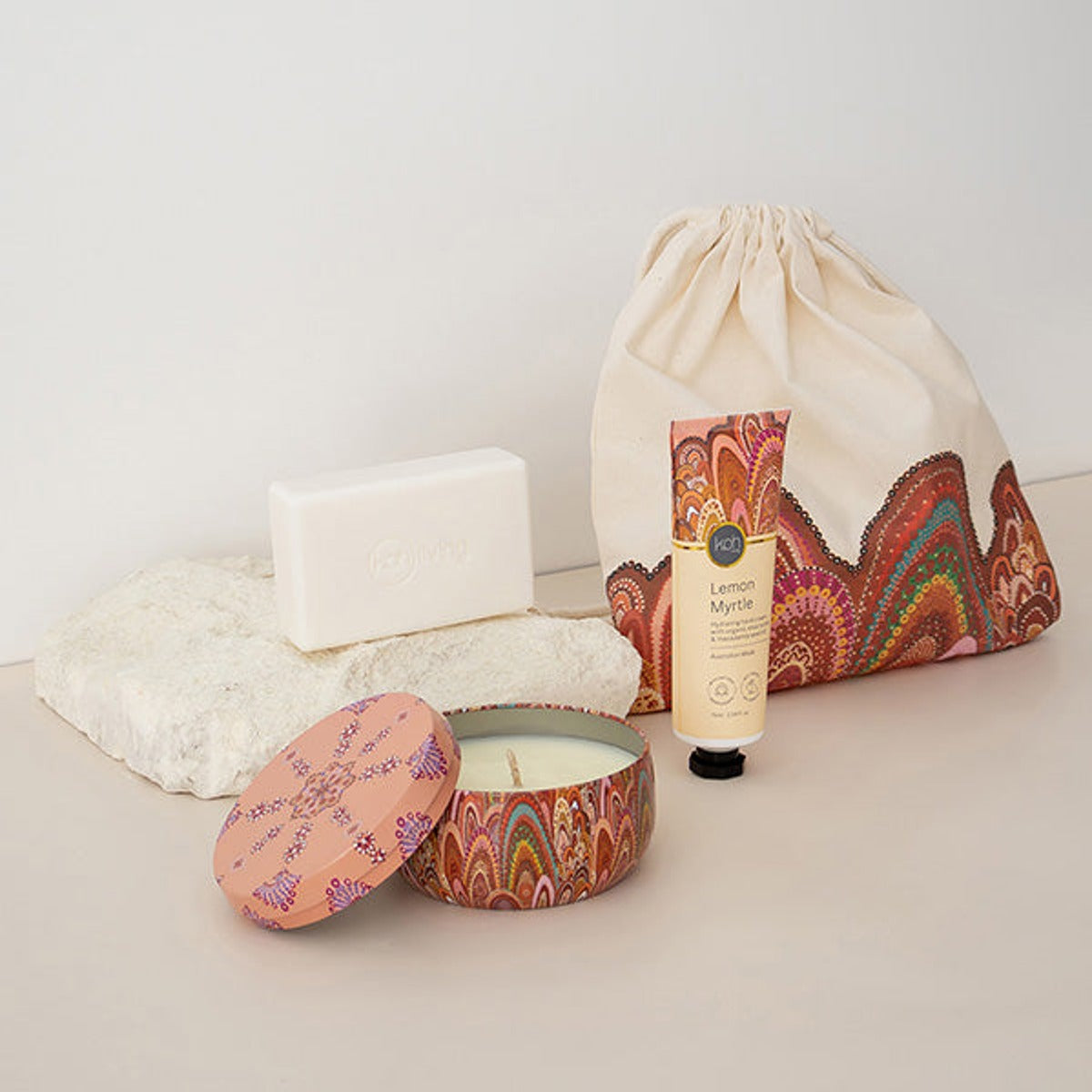
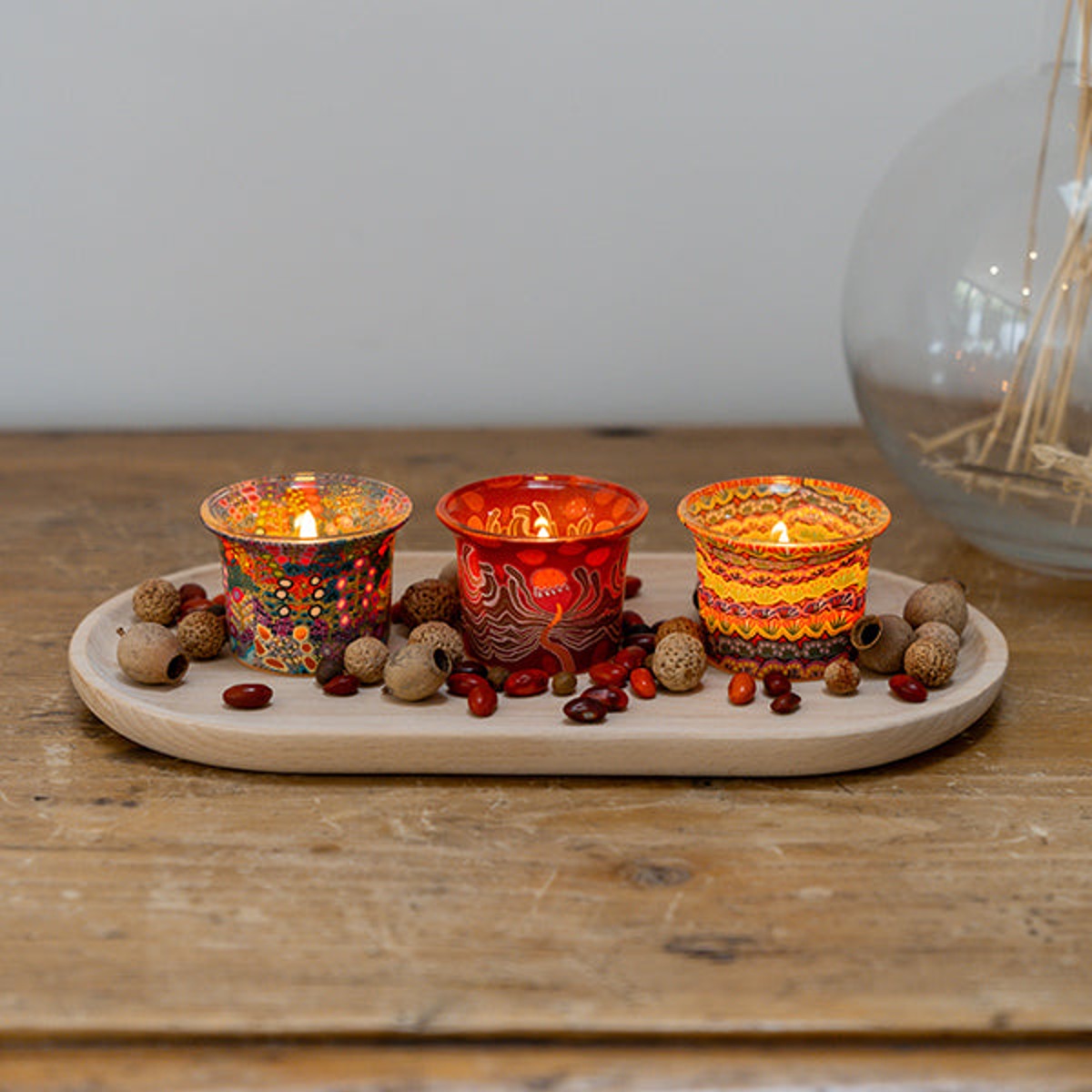
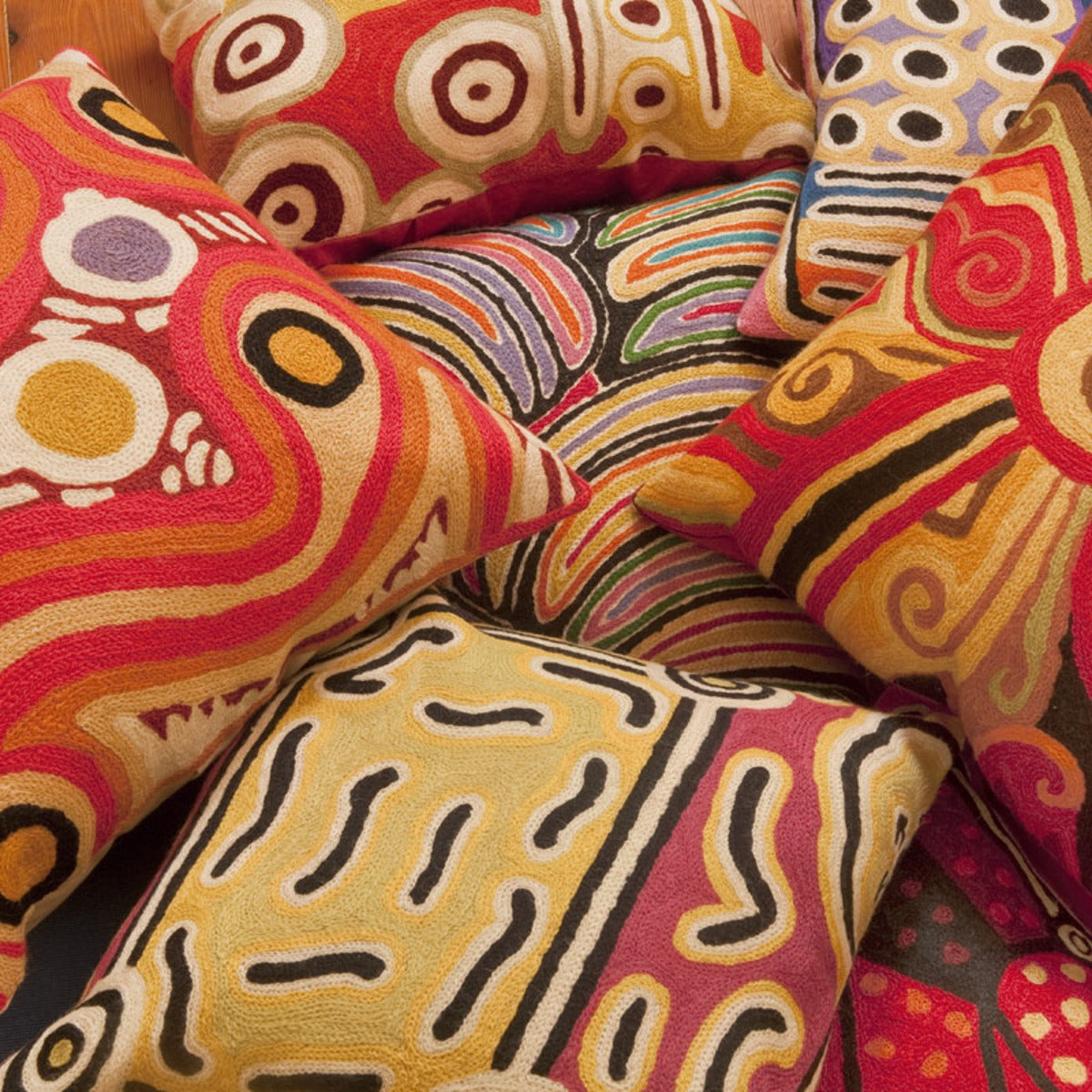
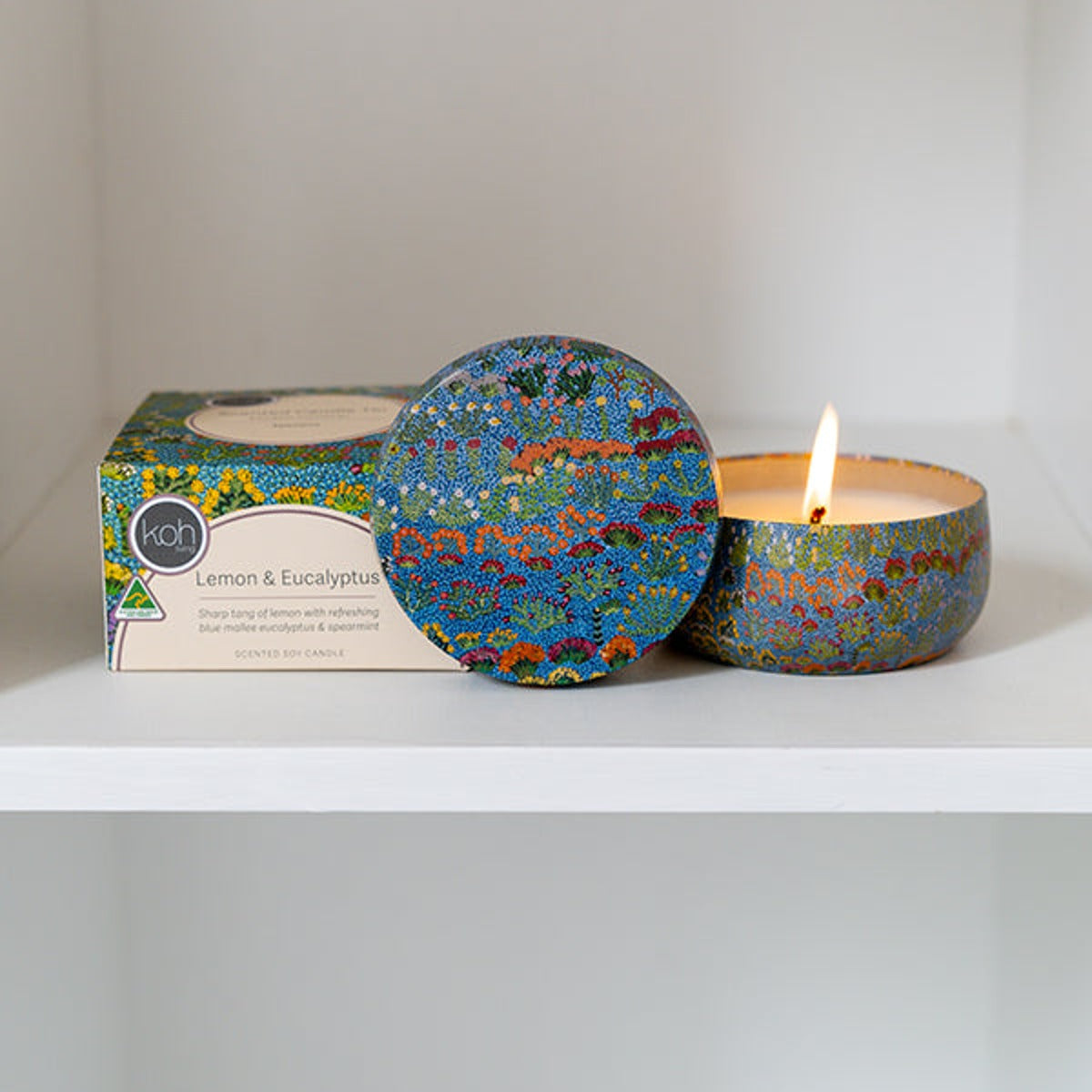
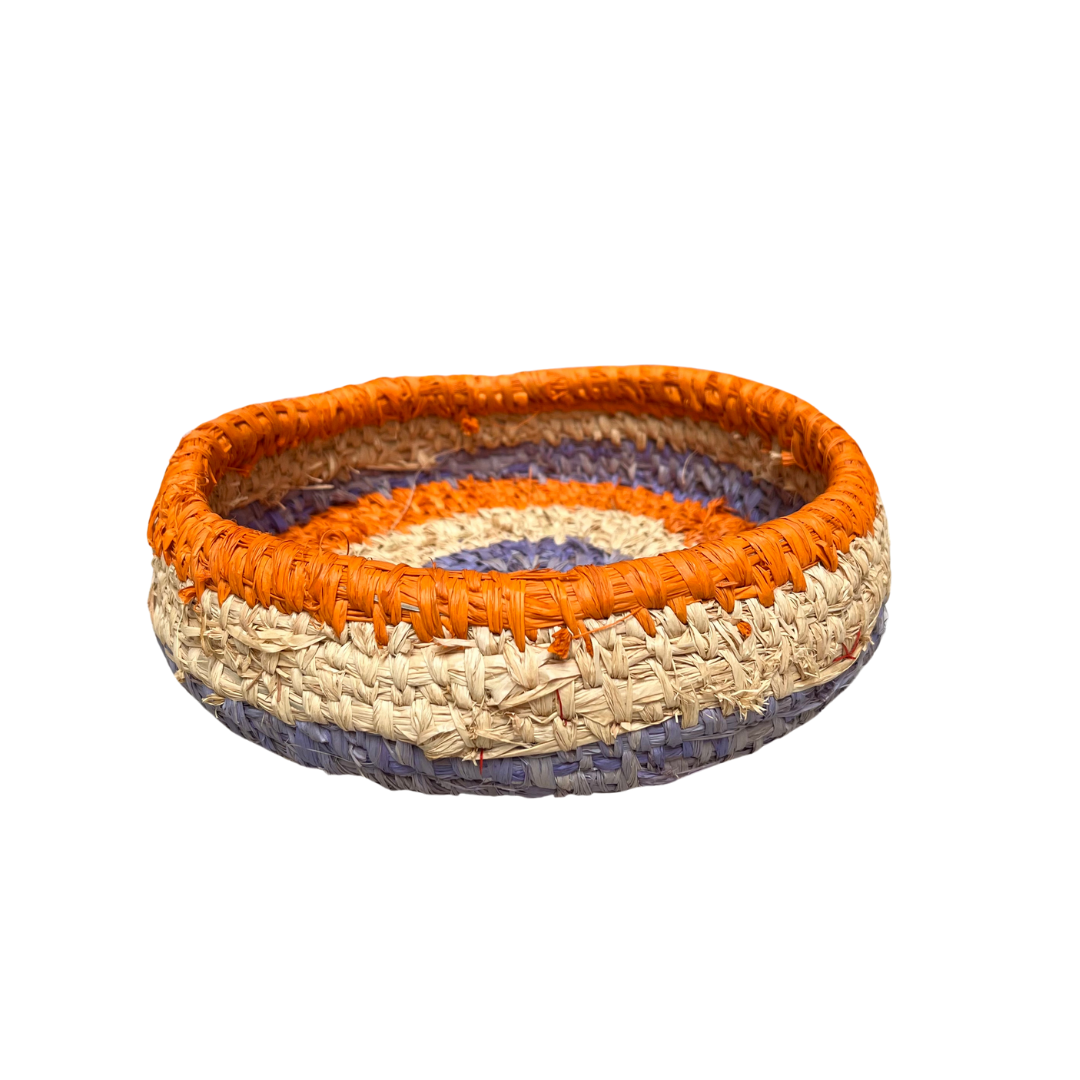
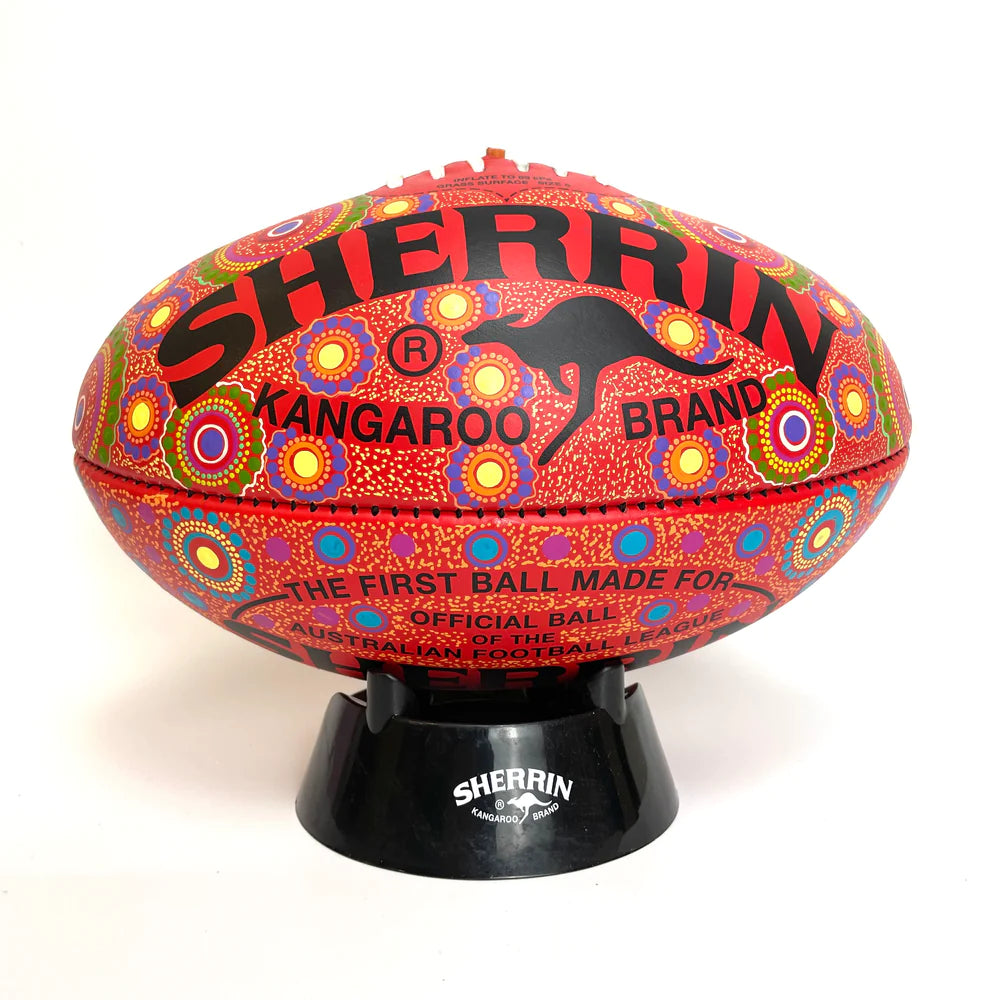
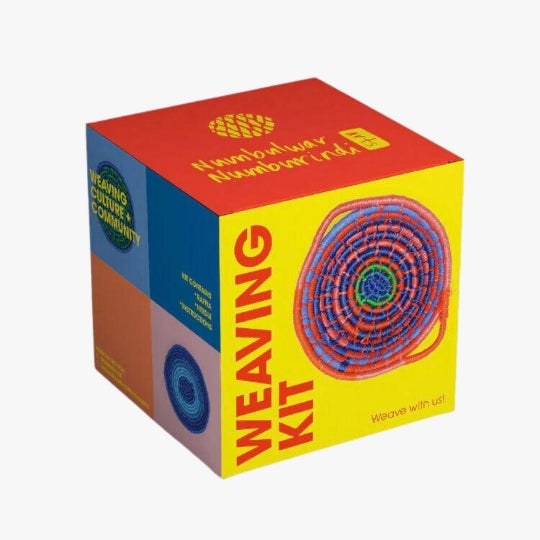
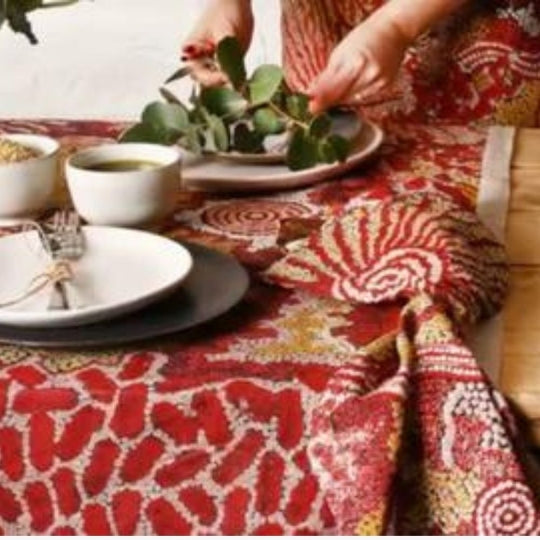
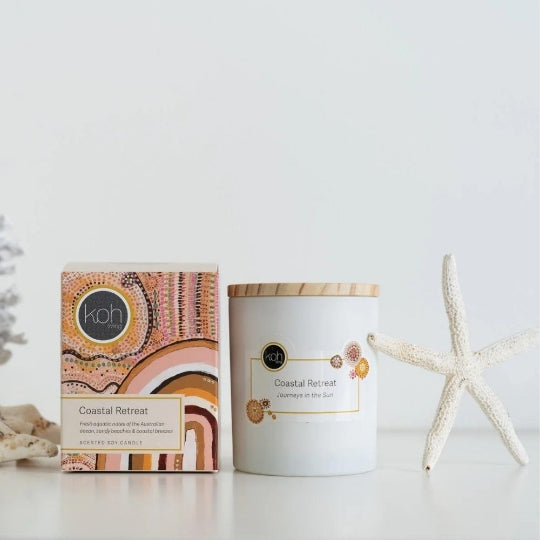
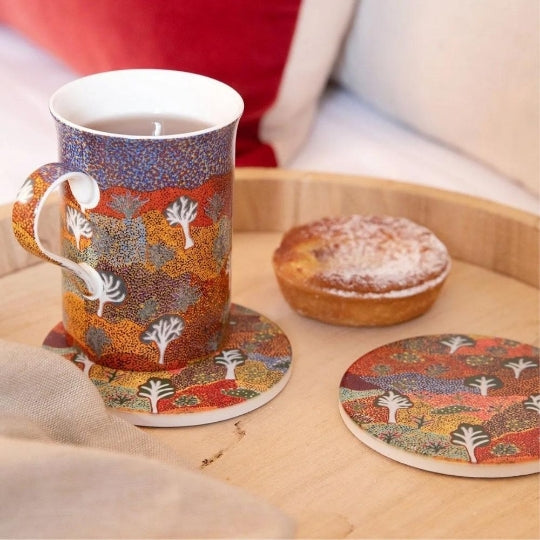
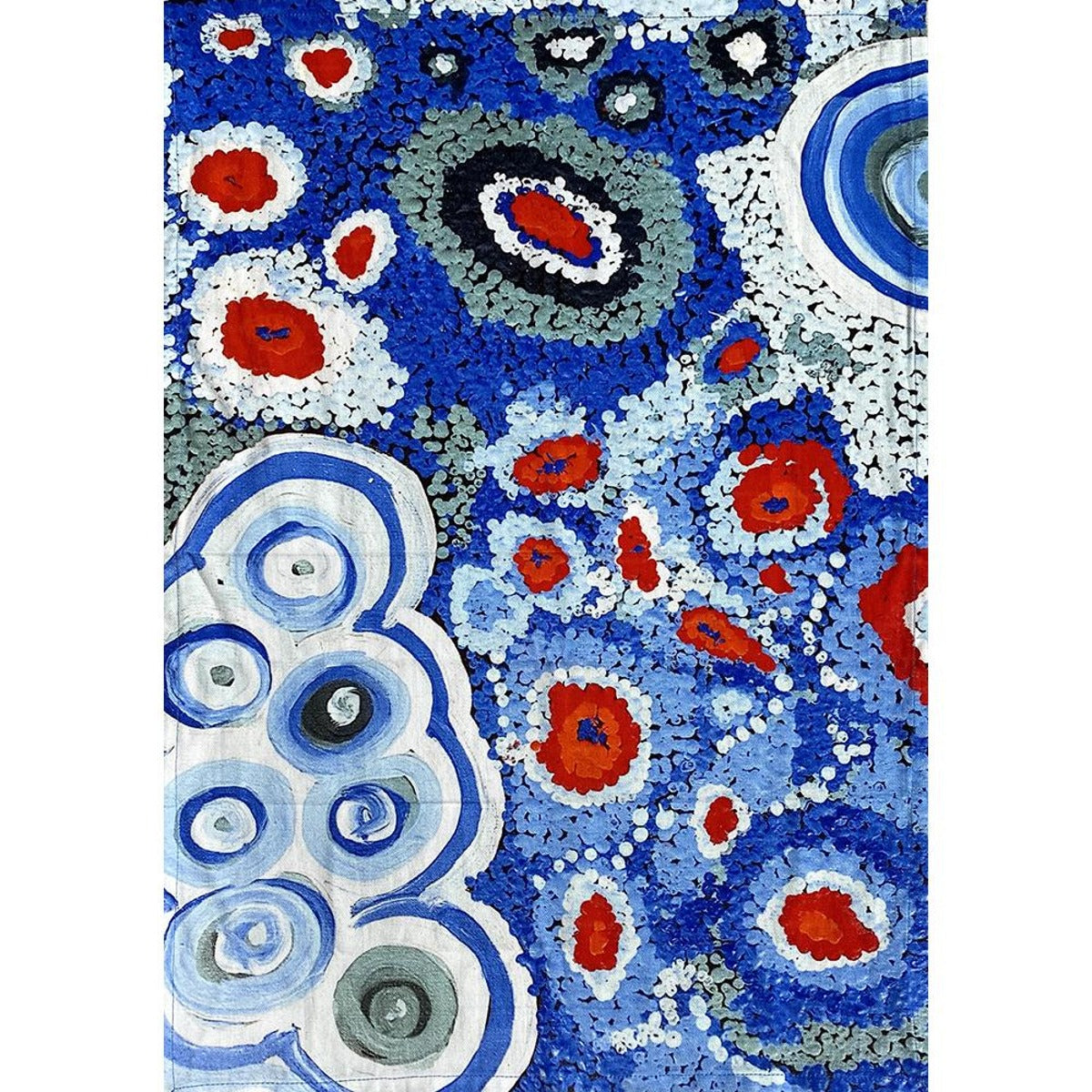

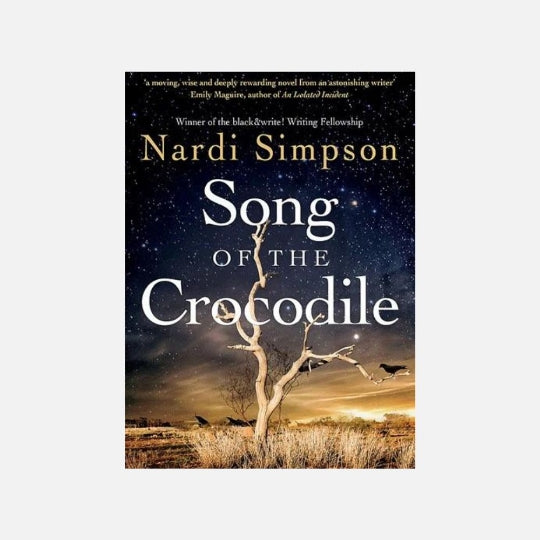
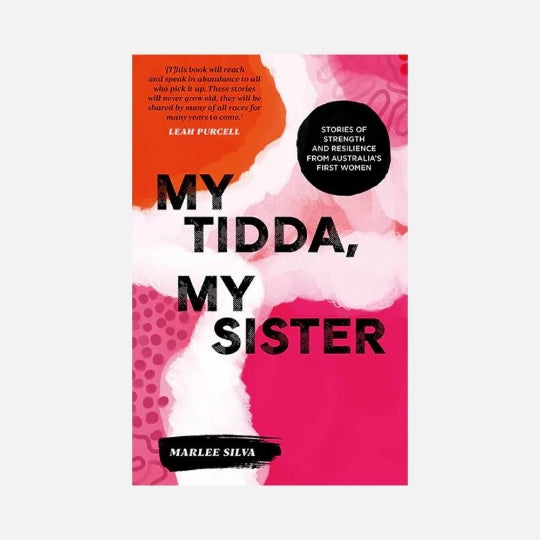
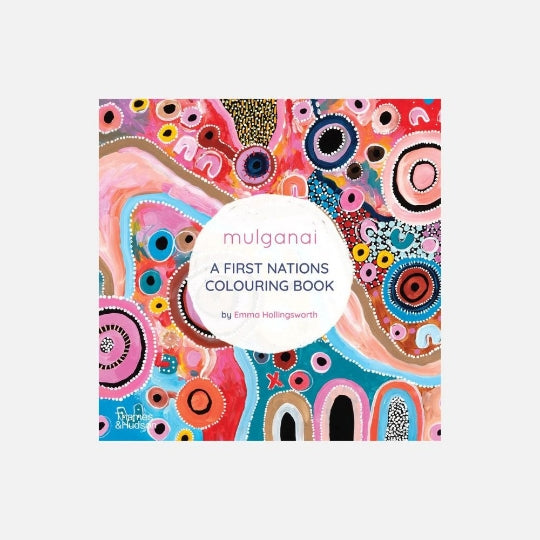
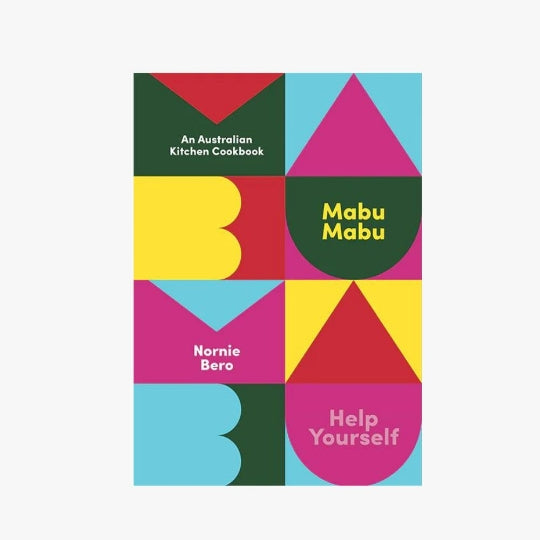
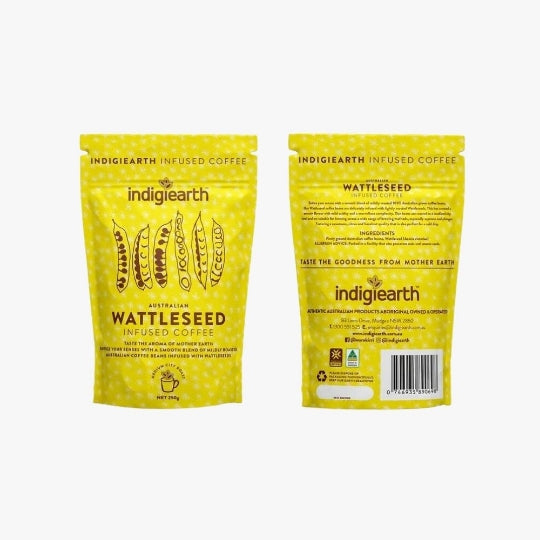
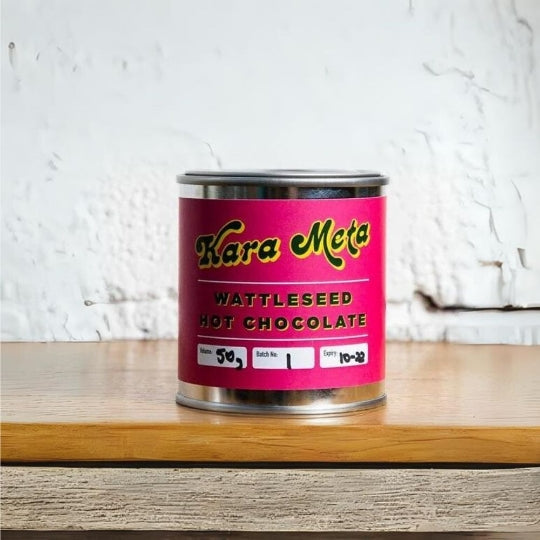
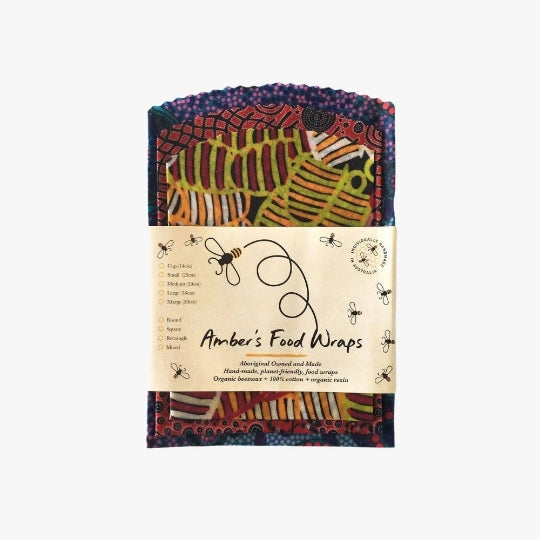
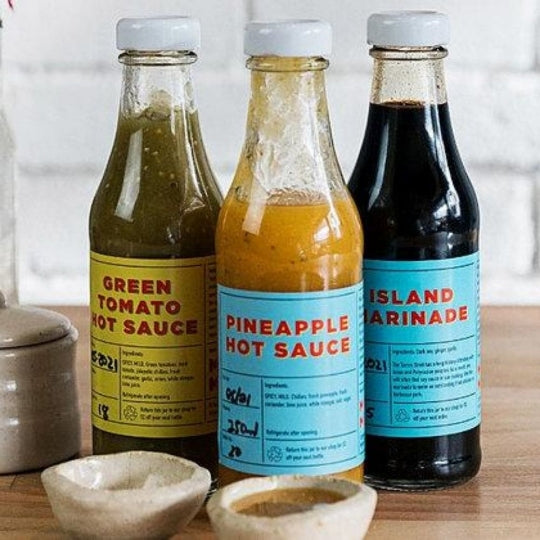
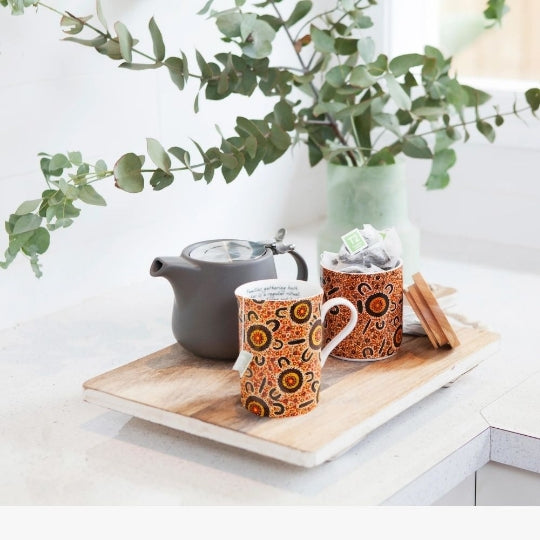
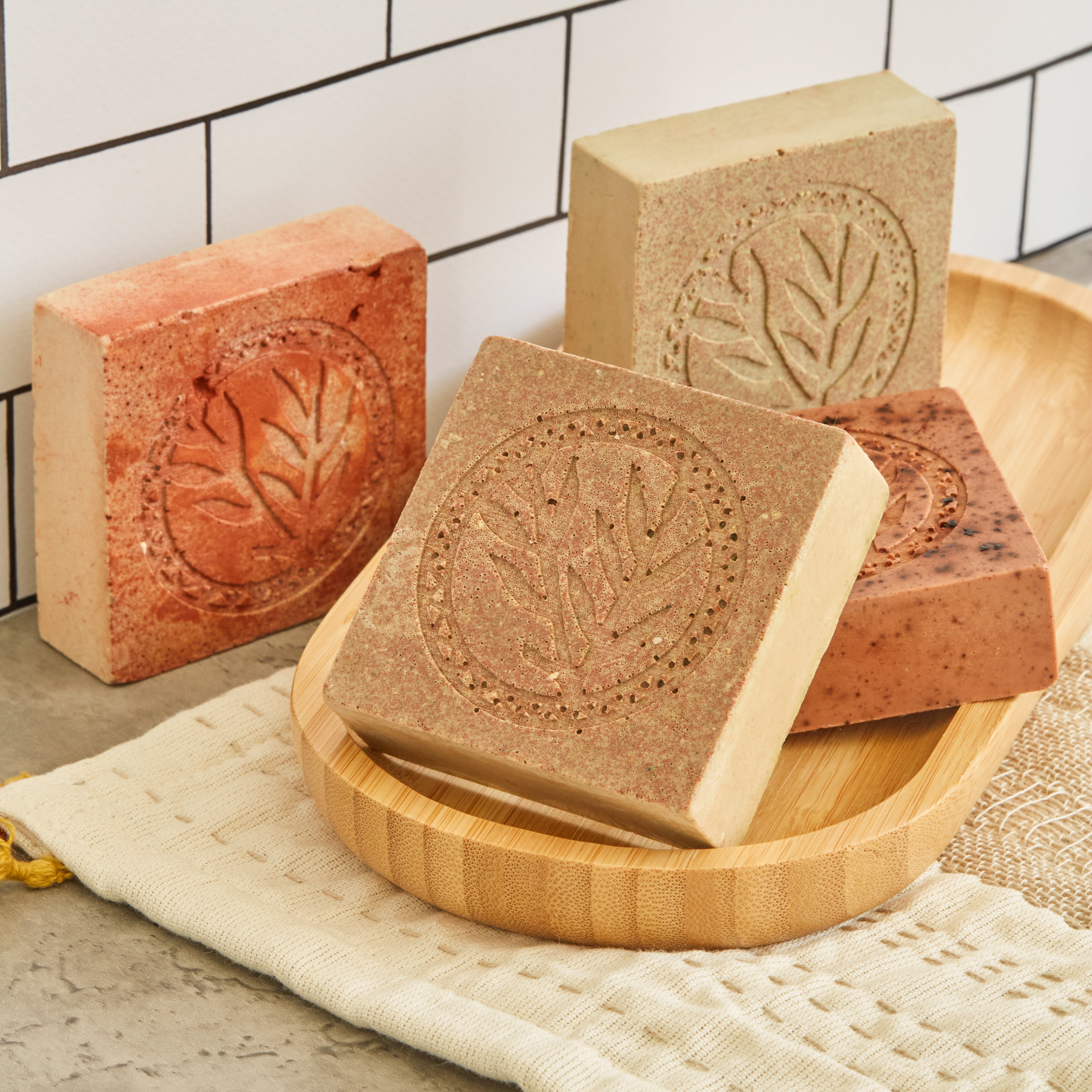
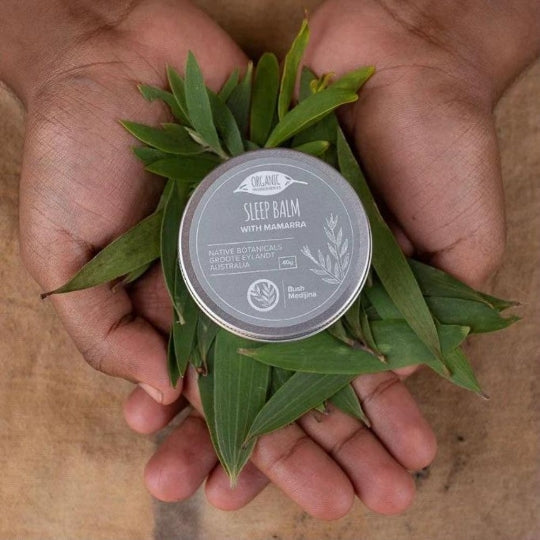
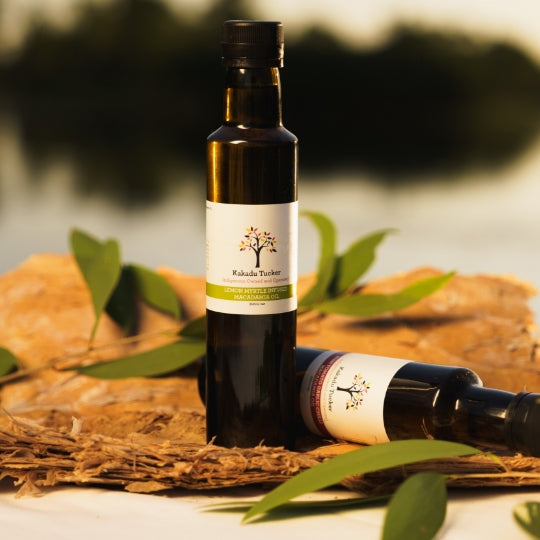
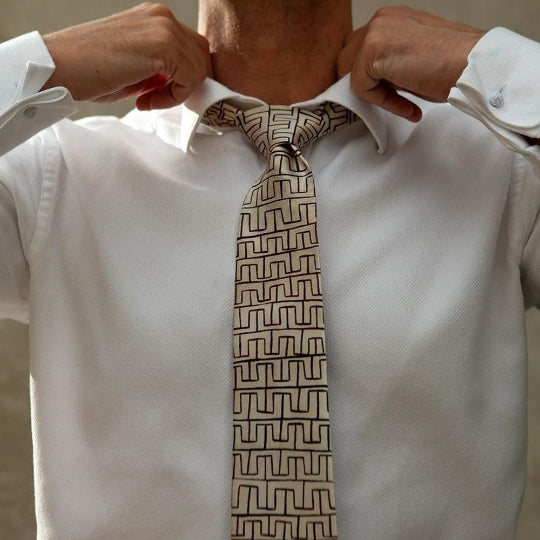
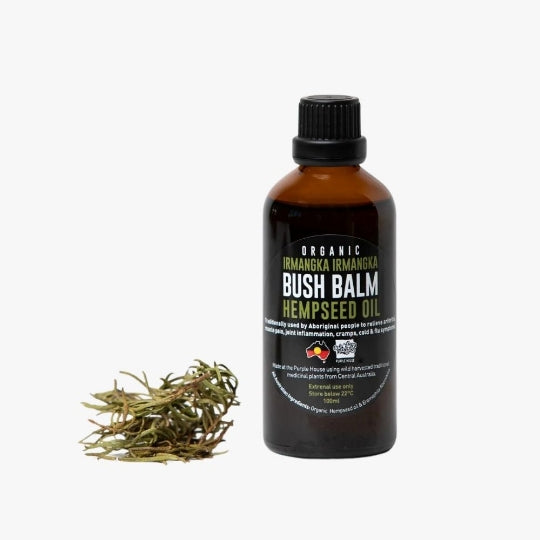
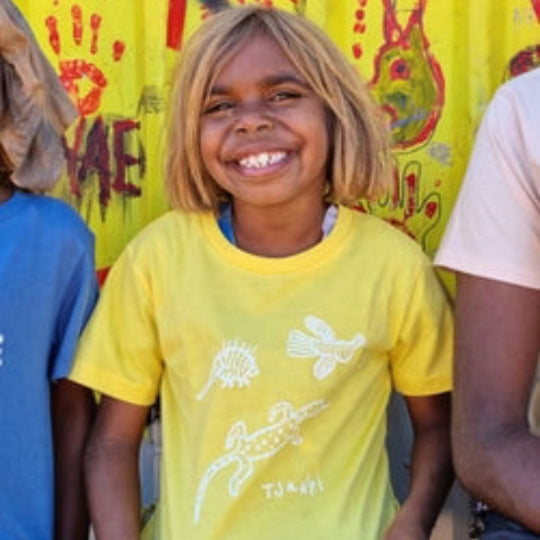
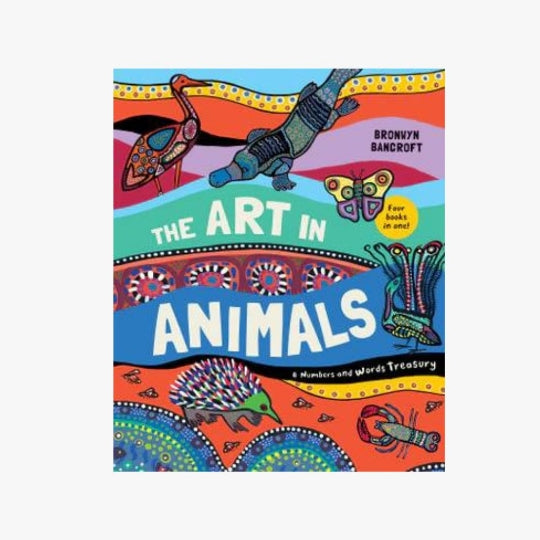
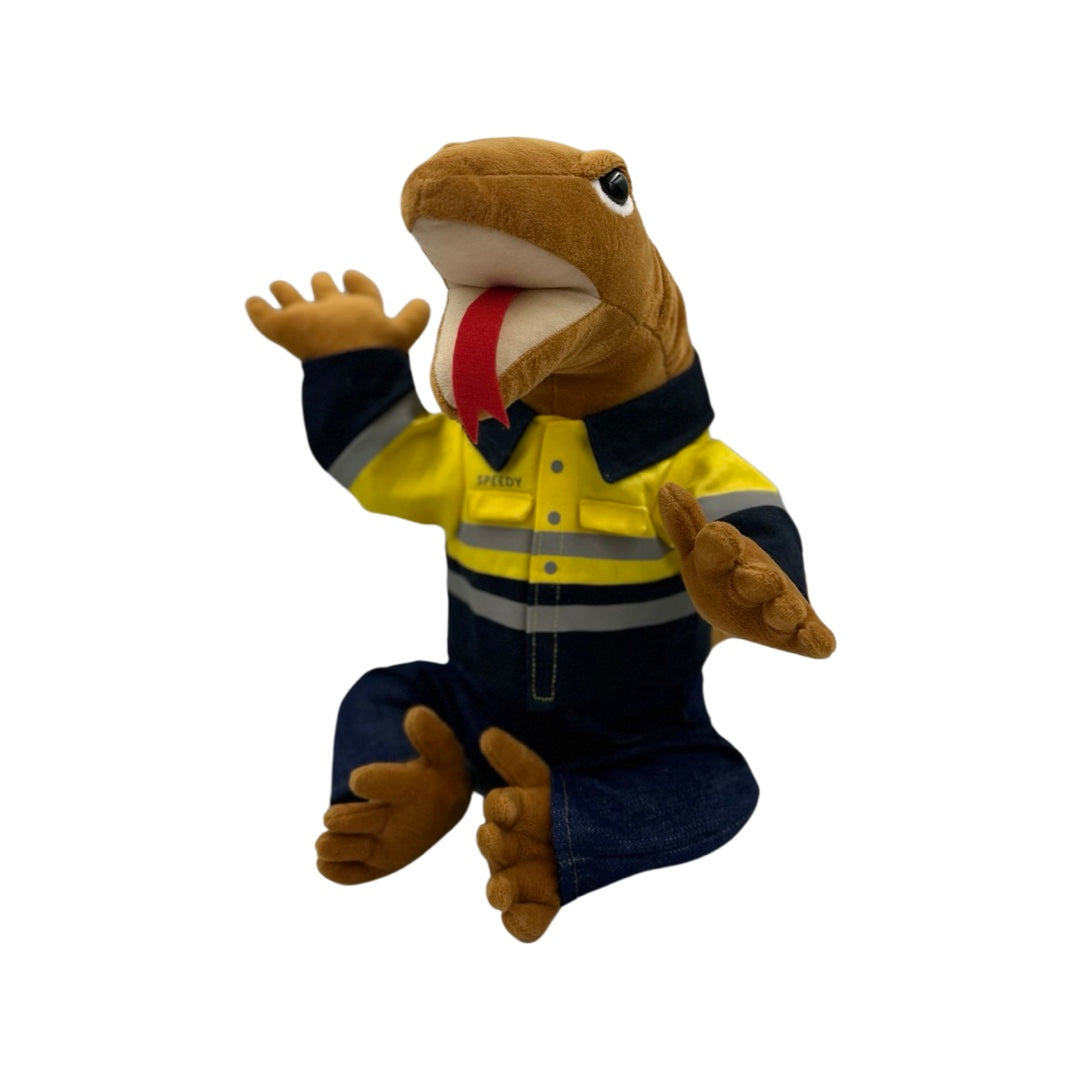



Leave a comment
This site is protected by hCaptcha and the hCaptcha Privacy Policy and Terms of Service apply.